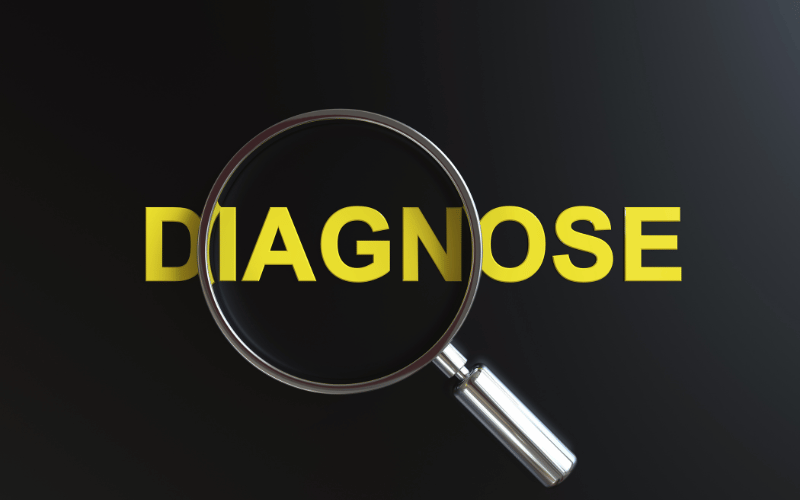Introduction: The Landscape of Celiac Disease Prognosis
Celiac disease, an autoimmune condition triggered by the consumption of gluten, has become increasingly prevalent worldwide. The ramifications of this disease don’t merely end at immediate health concerns; understanding its prognosis is essential for affected individuals. As with many medical conditions, the path to wellness involves a deep awareness of what lies ahead. Prognosis, in essence, holds the key to this foresight.

While many individuals are well-versed in the basic tenets of celiac disease, its long-term implications often remain shrouded in ambiguity. Some questions loom large: How does celiac disease affect one’s lifespan? Will the condition’s symptoms intensify over time or recede? How significant is early diagnosis in shaping the disease’s trajectory? These are just a few of the myriad queries that individuals grappling with this condition might have.
Diving deeper into the realm of celiac disease’s prognosis, it becomes evident that several facets, ranging from genetic predispositions to lifestyle choices, influence its trajectory. Fortunately, current research and medical advances offer a wealth of insights. This article aims to illuminate ten pivotal facts about celiac disease prognosis, shedding light on the long-term outlook and providing actionable advice to those in need.
While every individual’s journey with celiac disease is unique, equipped with the right knowledge, one can navigate the challenges and uncertainties with confidence. Let’s embark on this enlightening journey together, unveiling the critical prognostic facts that every patient and their family should be aware of.
1. Early Diagnosis and Its Crucial Impact

The significance of an early diagnosis in the realm of celiac disease cannot be understated. Detecting the disease in its nascent stages allows patients to promptly make necessary lifestyle and dietary changes. When celiac is diagnosed early, the damage to the small intestine is often minimal, enhancing the possibility of a full recovery. However, many individuals, unaware of their condition, continue to consume gluten, exacerbating the intestinal damage and prolonging their recovery period.
Though symptoms of celiac disease vary from person to person, general indicators include gastrointestinal issues, skin rashes, and fatigue. Ignoring these symptoms can lead to a myriad of complications, often making the disease more challenging to manage. Beyond the immediate health challenges, delayed diagnosis can inadvertently affect the patient’s quality of life, ranging from chronic health conditions to a persistent feeling of fatigue.
Moreover, early detection isn’t just about managing symptoms. It’s about halting the progression of the disease before it wreaks more havoc. The body’s continuous exposure to gluten when affected by celiac disease can lead to malnourishment, as the damaged small intestine fails to absorb essential nutrients. Such deficiencies can spawn a host of other issues, including anemia and osteoporosis.
With all this said, the silver lining remains that an early diagnosis can change the trajectory of the disease. Once diagnosed, individuals can adopt a gluten-free diet, which is the primary and most effective treatment for celiac disease. Over time, adhering to this diet not only alleviates symptoms but also repairs the intestinal damage, paving the way for a healthier future.
One may wonder why, despite its glaring importance, early diagnosis often gets overlooked. Lack of awareness, non-specific symptoms, and limited access to diagnostic tools are among the primary culprits. Raising awareness and pushing for more accessible diagnostic measures can undeniably shape a brighter future for those grappling with this condition. (1)